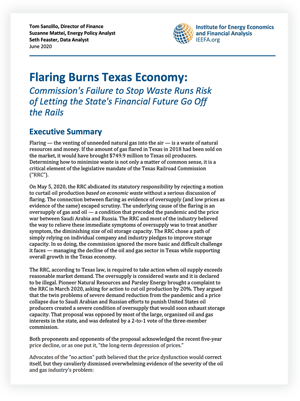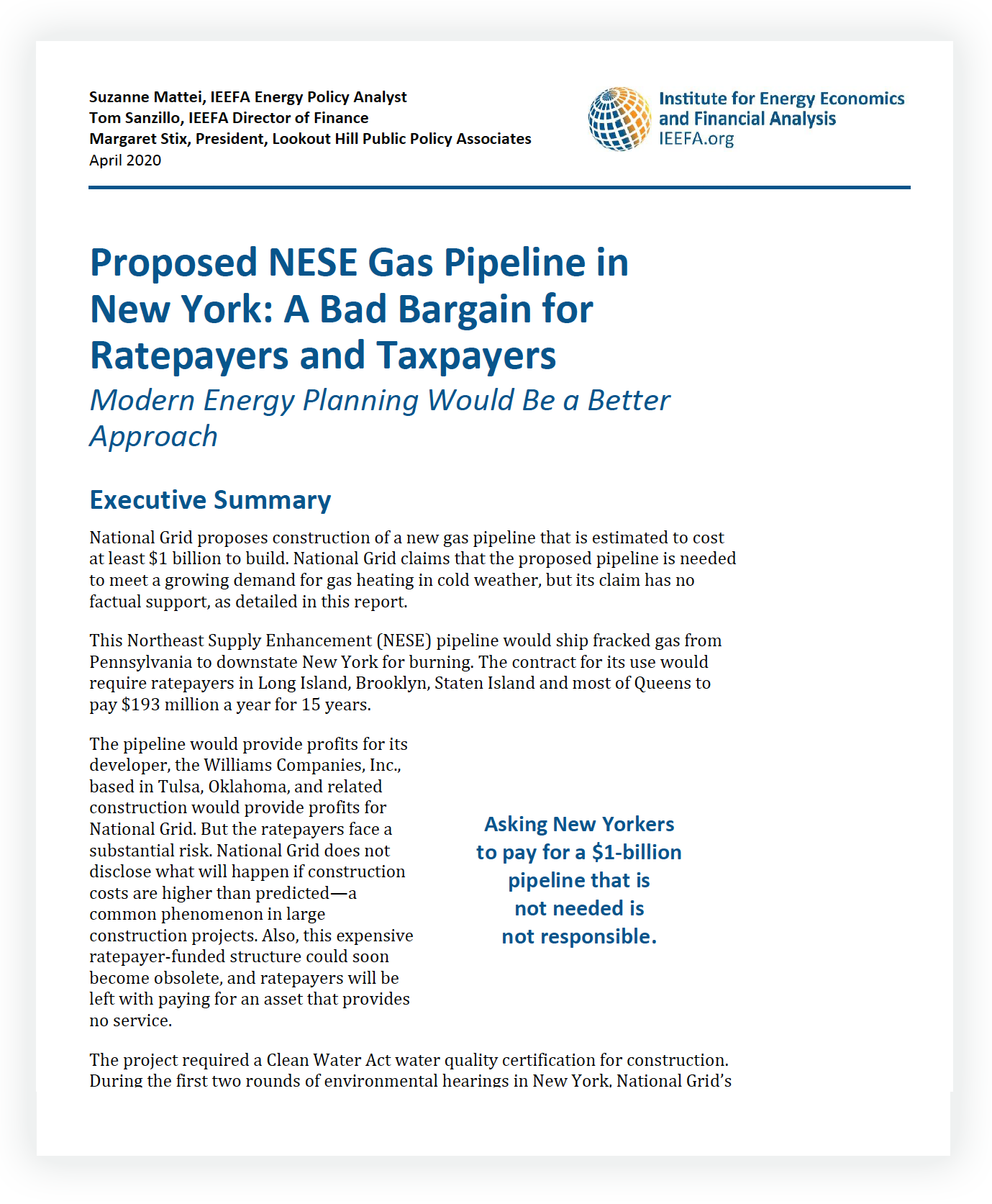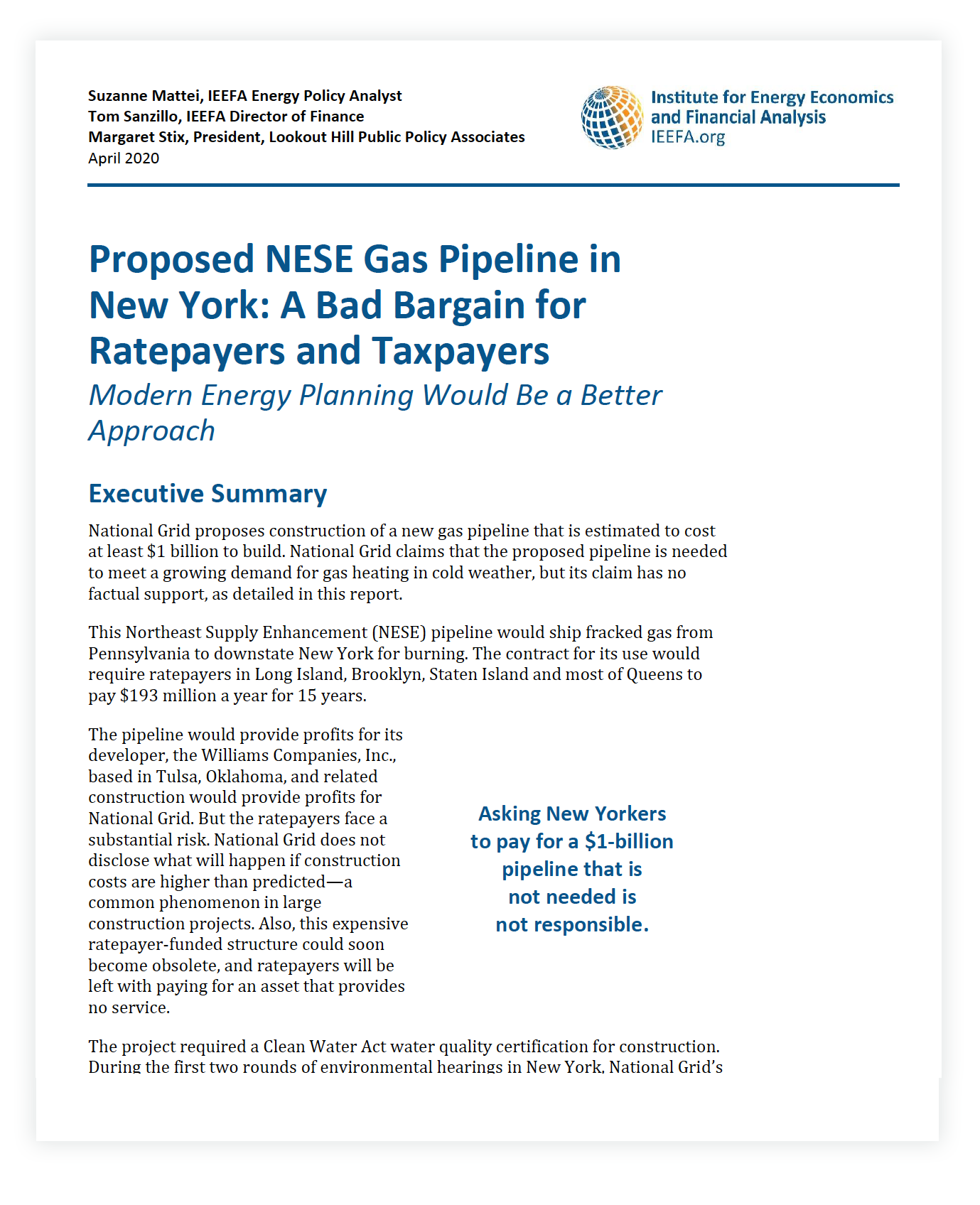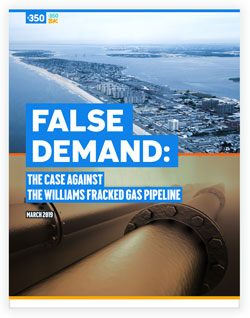- Economic & Workforce Development
- Healthcare
- Gov't Effectiveness
- Labor & Econ Justice
- Environmental Protection
- Land Use
Economic & Workforce Development
Our research promotes public policies aimed at increasing employment opportunities for young adults and financial independence for low-income New Yorkers.
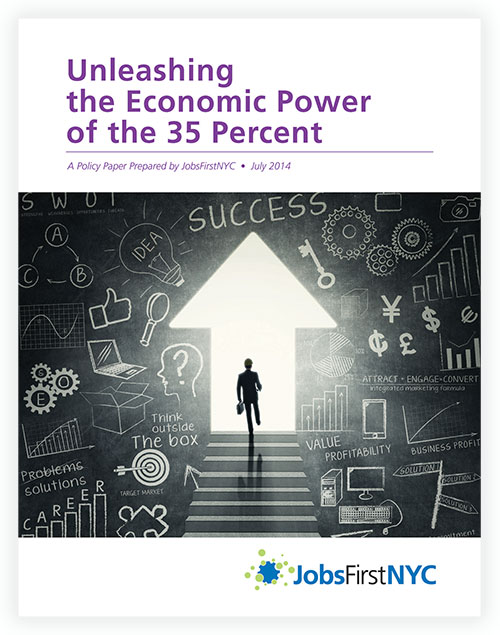
JobsFirstNYC
Report found that 305,000 young adults in New York city with limited education were either not working or were employed at low-wage jobs. The report’s findings led to the creation of the NYC Center for Youth Employment to expand opportunities for young adults to compete in the job market.

JobsFirstNYC
Showed how invalid, unreliable and discriminatory online pre-employment personality tests make it harder for young adult jobseekers to be hired.
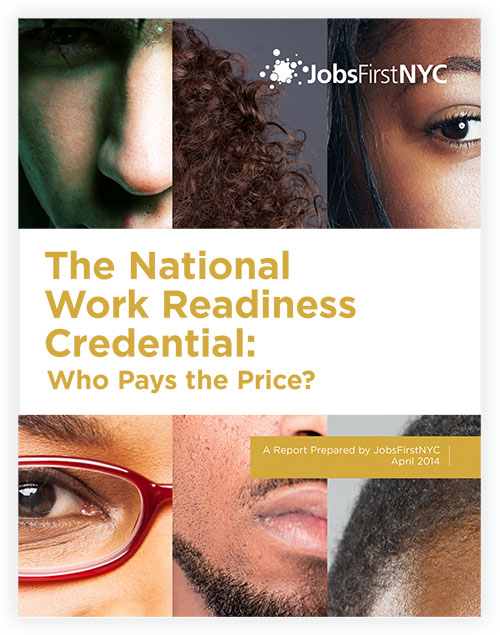
JobsFirstNYC
New York State compelled jobless young adults to compete for a worthless credential, rather than provide them with tools they need to qualify for decent-paying jobs. The report’s findings persuaded the State to cease requiring testing for the credential.

Center for an Urban Future
Report identified more than two dozen occupations in New York City projected to offer ample openings and decent salaries for young adults with limited educational attainment.
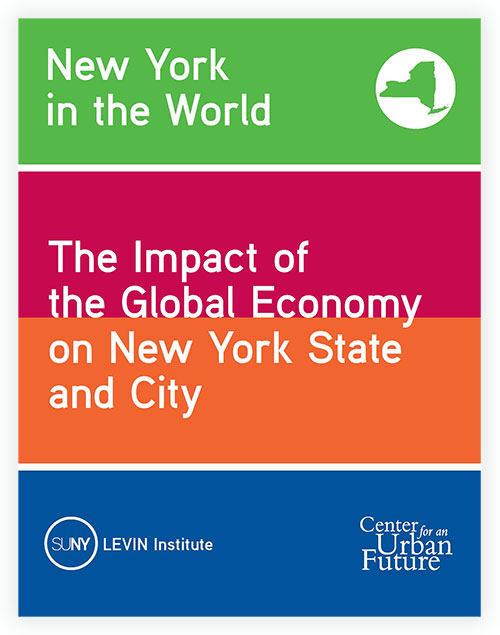
Center for an Urban Future and SUNY Levin Institute
Found that New York gained and lost more from globalization than all other states.
Healthcare
We focus on improving the quality, safety and cost-effectiveness of healthcare services, reducing health disparities, and helping New Yorkers navigate the healthcare system.
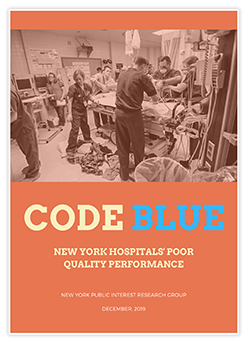
NEW YORK PUBLIC INTEREST RESEARCH GROUP
An analysis of federal data reveals that New York hospitals rank among the lowest nationwide for safety and quality of care.
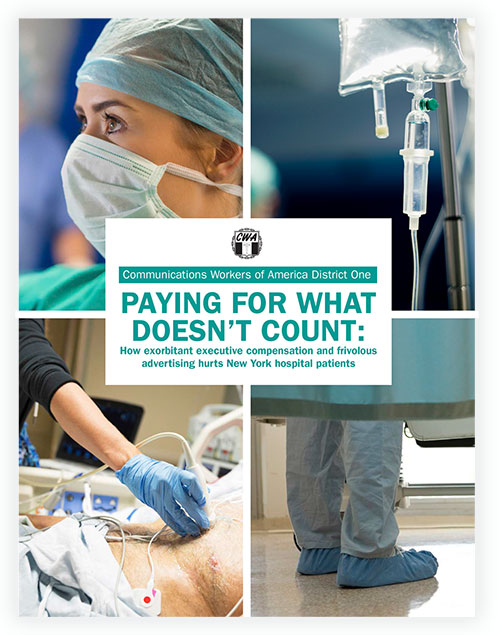
communication workers of america district one
Established that hospital patients are put at risk by the diversion of public healthcare dollars to high executive compensation and unnecessary advertising.
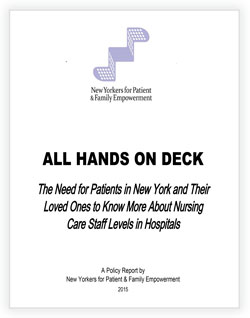
NEW YORKERS FOR PATIENT & FAMILY EMPOWERMENT
This report documented the risks to hospital patients from inadequate bedside care staffing, including higher rates of hospital-acquired infections, cardiac arrest, and mortality. Report demonstrated that improved staffing levels would save lives and refuted healthcare industry claims that typical staffing levels were sufficient to avoid adverse patient outcomes.
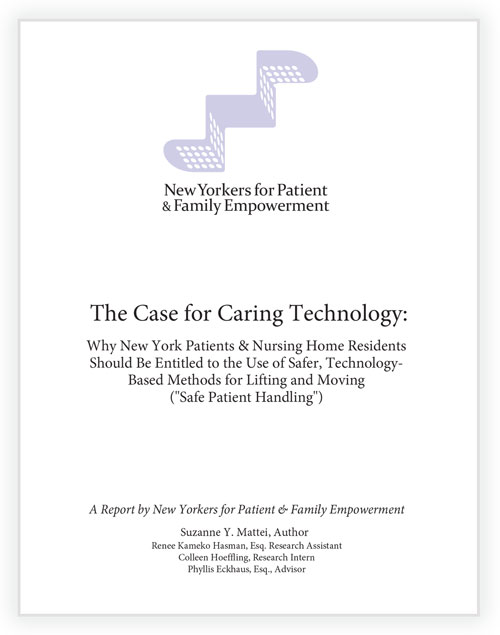
NEW YORKERS FOR PATIENT & FAMILY EMPOWERMENT
Nursing staff who hand-lift hospital and nursing home patients suffer more back injuries on the job than construction workers. This report documented these hazards and made the case for cost-effective lifting technology. Findings were also published in the Journal of the Association for Healthcare Risk Managers of New York and helped lead to passage of New York's Safe Patient Handling Act.
Government Effectiveness
We evaluate government programs and services and develop recommendations to improve their effectiveness and fairness.
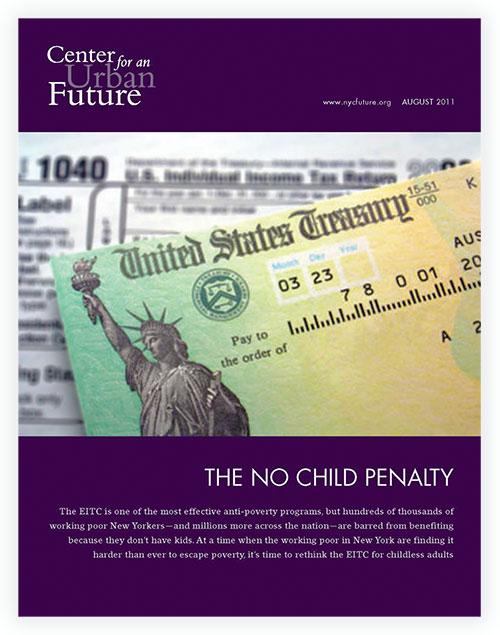
Center for an Urban Future
This policy brief showed that the primary federal program to lift worker incomes - the Earned Income Tax Credit (EITC) - almost exclusively benefits tax filers with children. The brief’s recommendation that policymakers expand the EITC for childless low-income workers is being implemented in New York City.
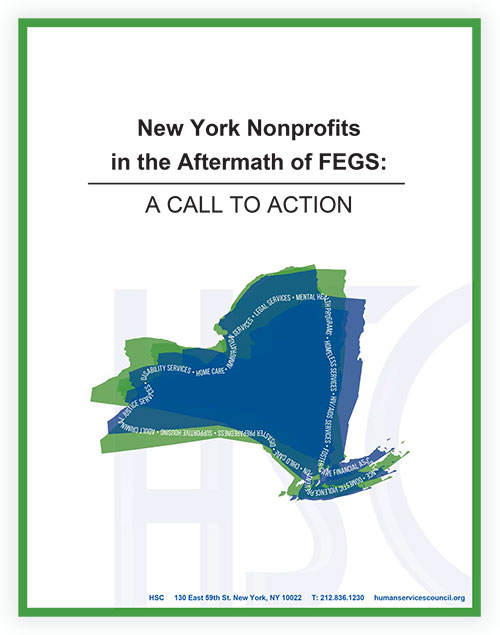
Human Services Council
This report identifies chronic issues in the non-profit Human Services sector, and proposes solutions to stabilize and strengthen the sector.
Labor & Economic Justice
We investigate and challenge practices that disadvantage low-income New Yorkers and exploit vulnerable workers.
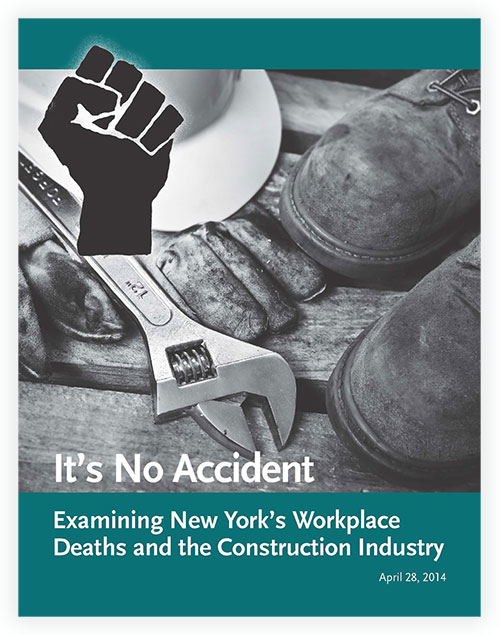
New York Committee for Occupational Safety and Health
This report reviewed occupational fatalities in New York State and found that many deaths could have been prevented had OSHA more effectively enforced worker safety regulations.

Center for Popular Democracy
Workers of color accounted for 74 percent of fatalities from accidents in the New York construction industry, despite representing only 34 percent of the workforce; 88 percent of fatal falls in Queens and 87 percent in Brooklyn involved Latinos and/or immigrants. Nearly all fatalities occurred at sites lacking proper training and equipment where workers were reluctant to report safety violations for fear of retaliation by employers.
Environmental Protection
New Mexico’s Risky Reliance on Oil Revenue Must Change: Industry Fundamentals Point To Long-Term Decline
INSTITUTE FOR ENERGY ECONOMIC AND FINANCIAL ANALYSIS
The report discusses New Mexico's over-dependence on oil and gas revenues and the need to broaden its economic base in the face of the industry's long-term financial decline.
Flaring Burns Texas Economy: Commission's Failure to Stop Waste Runs Risk of Letting the State's Financial Future Go Off the Rails
INSTITUTE FOR ENERGY ECONOMIC AND FINANCIAL ANALYSIS
Report, co-authored by Energy and Environmental Policy Director Suzanne Mattei, found that Texas oil drillers released natural gas worth nearly $750 million into the air instead of cutting excess production and the state's oil and gas regulatory commission failed to take action to reduce wasteful and polluting gas flaring.
Proposed NESE Gas Pipeline in New York: A Bad Bargain for Ratepayers and Taxpayers
Institute for Energy Economics and Financial Analysis
Report refutes National Grid’s justification for $1 billion pipeline project by demonstrating that climate change, greater energy efficiency, population stagnation and the economic impact of the Covid-19 pandemic will dampen energy demand in the service area.
False Demand: The Case Against the Williams Fracked Gas Pipeline
350.org
This report demonstrates that a proposed 23-mile-long fracked gas pipeline is not needed by New York City. New York City Comptroller Scott Stringer commended it, stating, "The proposed Williams pipeline represents a monumental step backwards. This report dismantles [energy company] Williams' arguments and makes a clear and convincing case that better alternatives exist."
Land Use
We analyze proposed land uses to ensure that they promote the economic health and well-being of New Yorkers.
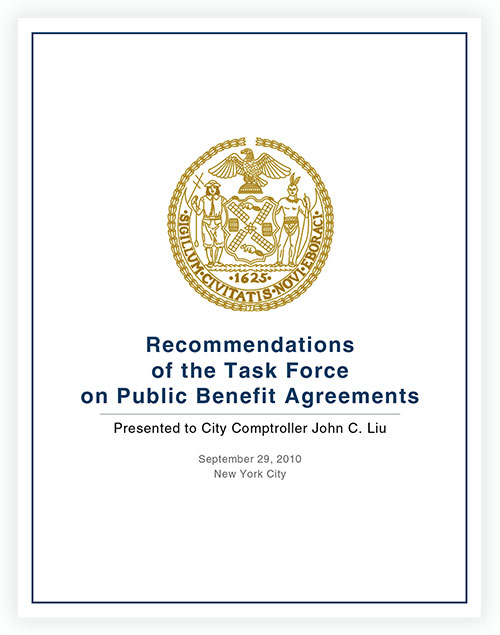
Office of the NYC Comptroller
Devised a process to provide transparent and enforceable benefits that offset the impact of major real estate development projects on communities in which they are located.
